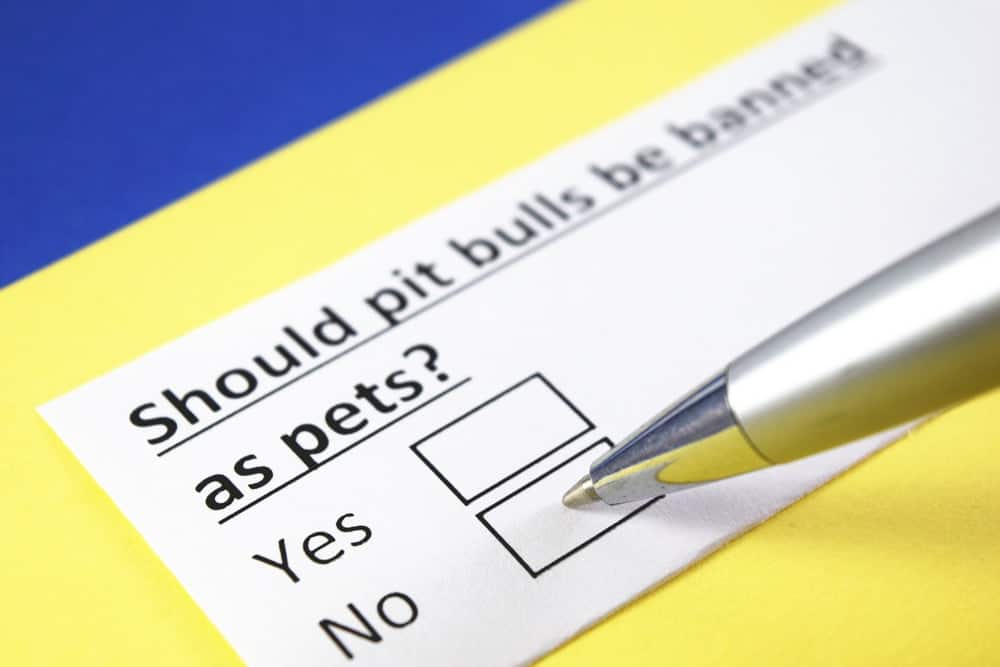“This post contains affiliate links, and I will be compensated if you make a purchase after clicking on my links.”
For the first time in 31-years, residents of Denver, Colorado will be able to share their hearts and homes with pit bulls.

Pit bulls have been illegal in Denver since 1989. Yesterday, voters weighed in on Ballot Measure 2J, a move to effectively end the ban while creating a system of rules and contingencies to allow pit bulls to live within city limits.
According to Denver’s election results page, 64.5% of voters were in favor of repealing the 31-year pit bull ban in favor of new ordinance that allows—but highly regulates—ownership of “pit bull type dogs” including the American Pit Bull Terrier, American Staffordshire Terrier, Staffordshire Bull Terrier, and mixed breed dogs having the physical characteristics of these breeds.

Under the new law, pit bull owners must register with Denver Animal Protection to obtain a “breed-restricted” license for the animal. The owner will have to provide the name and home address of the dog, two emergency contacts, an accurate description of the animal, and proof that the dog is microchipped and up-to-date on a rabies vaccination.
In addition, the new policy limits pet owners to two pit bulls per household. And requires owners to notify the city within eight hours if their dog bites or escapes. If the dog dies or the owner moves, the city must be alerted within 24 hours. If there are no incidents after three years, Denver Animal Protection will remove the breed-restricted license and the dog will be given the same license as any other dog in the city.
To celebrate this win for families and pit bulls, Boulder-based pet food company, “I and love and you” is giving 25% off all purchases from now through the end of 2020 using the promo code PITTYLOVE. What’s more, “I and love and you” will be donating 2,500 meals to My Fairy Dawg Mother, a rescue in in Denver that specializes in hard-to-adopt dogs – including pit bulls.
While the measure—and the many breed-specific restrictions written within— still shows deep-rooted bias against the breed, it’s passing provides an opportunity for real change and an eventual end to breed descrimination.





















